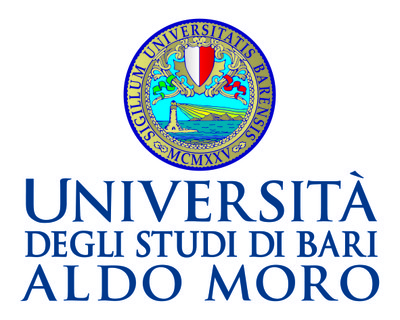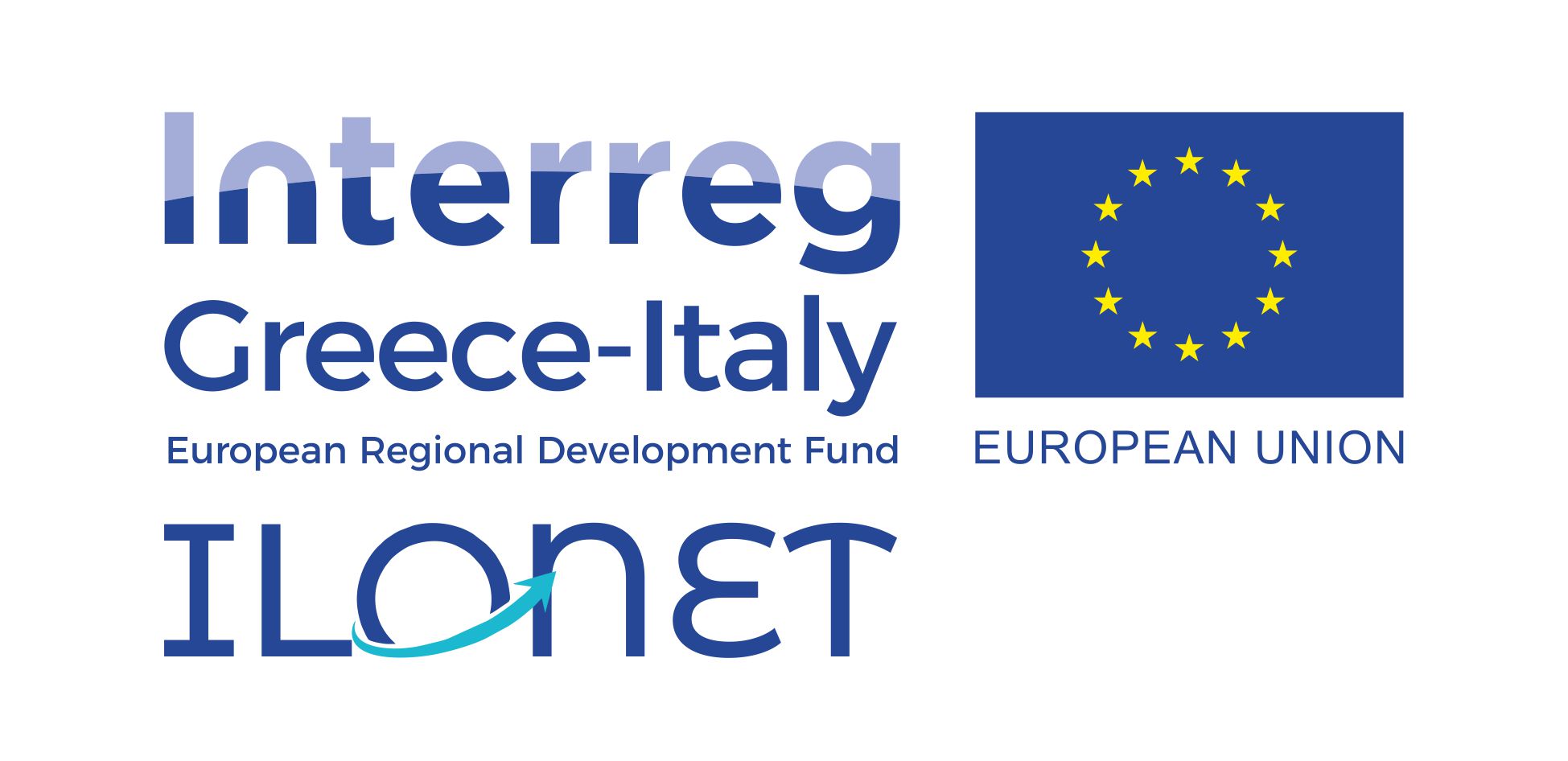
University of Bari Aldo Moro (UNIBA)
The University of Bari Aldo Moro (UNIBA) is an Italian state university, founded in October 1924. It is one of the largest universities in Italy and the second in southern Italy. UNIBA is made up of 23 departments that cover all fields of research from the base to research and development, about 52 research and teaching centers and two School: "School of Science and Technology” and “Medical School". It offers 113 courses and 104 masters and specializations and 87 doctoral courses. UNIBA has branch offices in the city of Brindisi and three independent faculties in the decentralized office of Taranto.
The University of Bari participates in numerous National and Regional projects (PON, Laboratory network, PRIN, FIRB), Cooperation Programmes (IPA, Interreg IIIA Italy-Greece, ENPI-MED), Horizon 2020 projects and other projects funded by EU, thanks to a long tradition of studies, advanced technologies and a multidisciplinary approach to research.
Of major importance is the international activity of University of Bari. Scientific relations are promoted by 199 collaboration agreements with other Universities from European and non European Countries.
In particular, the University of Bari has 94 agreements with institutions from European Countries (memberships and candidate countries) (Albania, Cyprus, Czech Rep, France, Germany, Greece, Latvia, Macedonia, Malta, Montenegro, Poland, Portugal, Romania, Serbia, Slovakia, Slovenia, Spain, Sweden, Turkey), 41 agreements with institutions from American Countries (Argentina, Brazil, Chile, Costarica, Cuba, Mexico, Peru, USA) and 18 agreements with institutions from African Countries (Angola, Burkina Faso, Congo, Ivory Coast, Egypt, Ethiopia, Libya, Morocco, Tunisia). Other agreements have been signed with institutions from other Countries in the rest of the world (Bosnia-Herzegovina, China, Japan, Australia, Russia, Belarus, Kazakhstan, Bulgaria, Kosovo, Moldavia, Ukraine, India, Indonesia, Bangladesh, Israel, South Korea, Vietnam, Switzerland). UNIBA is also very active in partecipating in educational projects (TEMPUS IV, LLP - Leonardo and Jean Monnet) and the Erasmus + Programme. Moreover, the University of Bari supports European policies, being part of the european networks Eurodesk and Europe Direct.
UNIBA has played an increasingly important role in achieving economic growth and social progress, promoting an educational offer targeted to the training of specific professional figures, transferring knowledge and research results to industrial, business, social and cultural contexts, encouraging the transition of students and graduates towards the job market.
It is member of more than 90 national and international consortiums and associations, like the CUM (Consortium of Mediterranean Universities) located at the University of Bari, that is recognized by UNESCO as a super-national nongovernmental organization to which 158 Universities from the Mediterranean basin.
UNIBA has got an important incubator company: the Science and Technology Park of TECNOPOLIS, and is also member of 6 productive and technological districts, whose aim is improving a stronger competitiveness of the existing productive areas and encouraging the cooperation between the SME and socio – economical context.
UNIBA supports the creation of Spin Offs promoted by professors, researchers, collaborators and students who wants to start new businesses, providing legal and administrative advice on the best strategy to protect inventions and on the concrete possibilities of commercial or industrial applications. In recent years the University of Bari is moving from the 'traditional' model of a university focused on teaching and research, towards an innovative and entrepreneurial higher education institution (HEI).
Innovation and entrepreneurship play a central role in the University of Bari and this has led to the creation of the Innovation and Creativity Center and a Contamination laboratory called BaLab.
The Innovation and Creativity Center of University of Bari was born in january 2018 with the function of connecting, from within the main and best practices of creativity and innovation, such as: collaborative innovation, knowledge transfer, exploitation of research data, training and employability paths, internationalization, active labor policies, third mission. A place to relate the 'traditional' functions of the University in rethinking them in relation to the new roles that the University is called to develop to contribute to the socio-economic and sustainable growth of the territory.
The Center of Innovation and Creativity of the University of Bari was born in January 2018 with the function of enhancing the best practices of creativity and innovation developed in UNIBA, such as: collaborative innovation, knowledge transfer, exploitation of research data, training courses and employability, internationalization, active labor policies. A place to relate the "traditional" functions of the University in rethinking them in relation to the new roles that the University is called to develop to contribute to the socio-economic and sustainable growth of the territory.
The Center has a scientific committee, made up of university professors, but also of creative managers and entrepreneurs, that task of validating the training contents with the aim of making them consistent with the company needs and the professional skills actually required on the labor market, an expression of the creative industries.
Main goals of the Center are:
- creating a pool of researchers/teachers to help the Technology Transfer Office in scouting activities, listening to the demand for innovation, exploitation of research results;
- increasing the contact time and meeting with the business community (listening to the question of territorial innovation);
- supporting the creation of spin-offs and start-ups;
- supporting self-employment strategies (of researchers and young graduates) to diversify the career opportunities and employability for the benefit of a higher socio-economic growth of the country;
- increasing cooperation with the stakeholders of the territory to identify skills and experiences;
- intensifying measures aimed at internationalization in terms of increased visibility and attractiveness of international research and strengthening of international relations at the political, economic and social organizations level.
